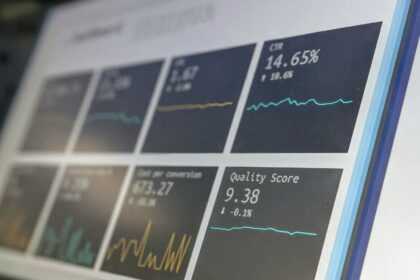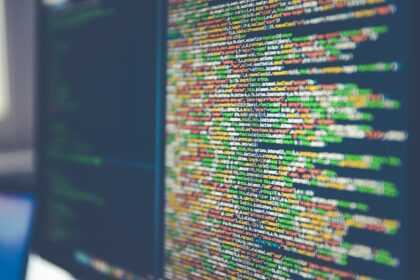Category theory – mathematical abstraction frameworks
To model complex systems across various disciplines, defining a category provides a…
Probabilistic data – uncertainty handling mechanisms
Quantifying ambiguity in datasets requires robust frameworks that integrate statistical reasoning with…
Synchronization primitives – concurrent access control
To prevent race conditions and ensure data integrity during simultaneous execution, using…
Set theory – foundational mathematical structures
Begin with the axiomatic system ZFC, which offers a rigorous framework governing…
Quality assurance – software testing methodologies
Begin with unit verification to isolate individual components, ensuring each function performs…
Performance modeling – system behavior prediction
Accurate forecasting of computational resource utilization relies on constructing quantitative representations that…
Infrastructure automation – configuration management tools
Achieving reliable system states requires precise control over deployment environments. Tools like…
Load testing – system capacity evaluation
Benchmarking performance under incremental demand reveals the exact threshold where response time…
Linear algebra – vector space operations
Manipulating elements within a vector domain requires mastering addition, scalar multiplication, and…
Chaos engineering – resilience testing methodologies
Introduce controlled disruptions to your system by systematically injecting faults, network delays,…











